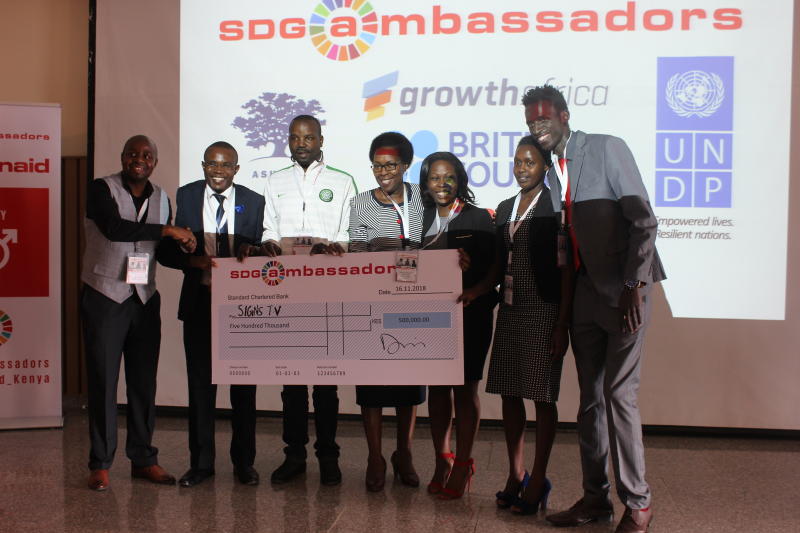×
The Standard e-Paper
Stay Informed, Even Offline

Each of the six winners of the Action Aid award walked away with a Sh500,000 seed fund. They were the best on the list of more than 150 social entrepreneurs who entered the NGO’s SDG Ambassadors case competition programme that was announced in July.
In addition to the seed fund, the entrepreneurs, whose enterprises seek to bring social change in their communities, will receive customised mentorship from business moguls to scale up their social impact.